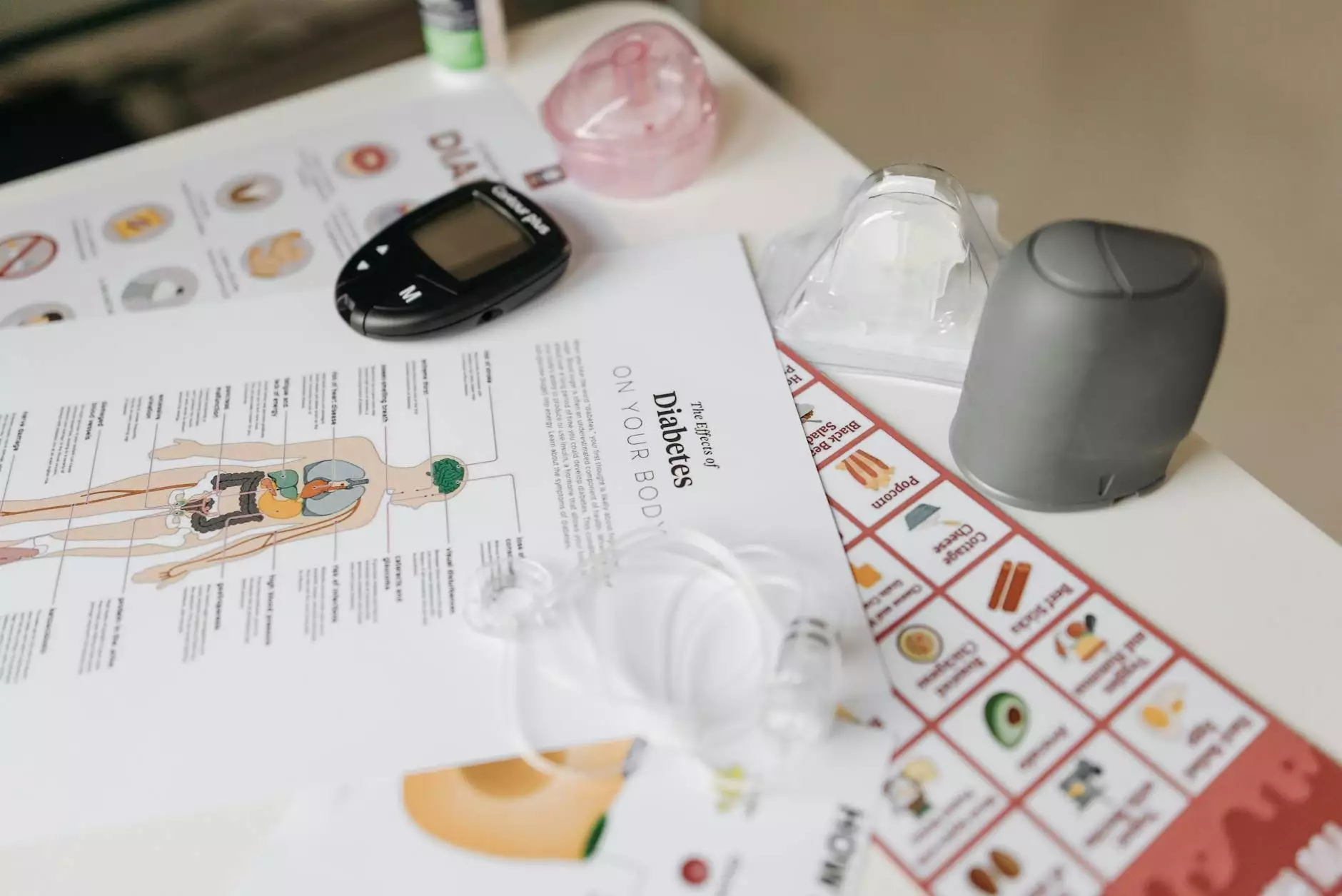Can Antibiotics Make You Sick?
Health Equity
Welcome to Norton Community Medical Associates, your trusted source for health-related information. In this article, we will explore the question of whether antibiotics can make you sick. We understand the importance of providing accurate and comprehensive information to our valued readers, and we aim to address this topic thoroughly. Let's dive in!
The Benefits and Risks of Antibiotics
Antibiotics are powerful medications used to treat various bacterial infections and are widely prescribed by healthcare professionals. They work by killing or inhibiting the growth of bacteria, helping our bodies fight off infections. However, like any medication, antibiotics come with potential benefits and risks.
How Antibiotics Work
When your body encounters harmful bacteria, antibiotics can be prescribed to help eliminate the infection. They target specific bacteria and disrupt their essential functions, ultimately destroying the bacterial cells. This action enables your immune system to jumpstart the healing process and restore your overall health.
Potential Side Effects
While antibiotics are generally safe and effective, they can sometimes cause side effects. It's essential to be aware of the potential risks associated with antibiotic use. Common side effects may include:
- Upset stomach and diarrhea: Antibiotics can upset the natural balance of bacteria in your digestive system, leading to gastrointestinal issues. Eating probiotic-rich foods or taking probiotic supplements may help alleviate these symptoms.
- Allergic reactions: Some individuals may experience an allergic reaction to certain antibiotics. It's important to inform your healthcare provider of any known allergies to ensure a safe prescription.
- Yeast infections: Antibiotics may disrupt the balance of yeast in your body, leading to an overgrowth and subsequent yeast infection. Proper hygiene and seeking medical advice can help manage this issue.
- Antibiotic resistance: Misuse or overuse of antibiotics can contribute to antibiotic resistance, where bacteria become resistant to the effects of the medications. Follow your healthcare provider's instructions and complete the full course of antibiotics to minimize this risk.
Taking Precautions
It's crucial to take certain precautions when using antibiotics to minimize the likelihood of experiencing adverse effects:
Follow Prescribed Guidelines
Always follow your healthcare provider's instructions regarding the dosage and duration of antibiotic treatment. Taking the medication as directed helps ensure its effectiveness and reduces the risk of side effects.
Communicate with Your Healthcare Provider
If you experience any unusual symptoms or side effects while taking antibiotics, it's important to communicate with your healthcare provider promptly. They can assess your condition and make any necessary adjustments to your treatment plan.
Consider Non-Antibiotic Alternatives
In some cases, your healthcare provider may explore non-antibiotic treatment options for certain conditions. It's essential to have an open discussion with your provider, weighing the benefits and risks of antibiotics against potential alternatives.
Conclusion
In summary, antibiotics are powerful medications that can effectively treat bacterial infections. While they play a crucial role in our healthcare system, they also come with potential risks and side effects. By following prescribed guidelines, communicating with your healthcare provider, and considering alternative treatments when appropriate, you can minimize the chances of experiencing adverse effects.
At Norton Community Medical Associates, we prioritize providing accurate and reliable health information. We understand your concerns about antibiotics and their potential to make you sick. If you have further questions or need personalized medical advice, our dedicated healthcare professionals are here to assist you.










